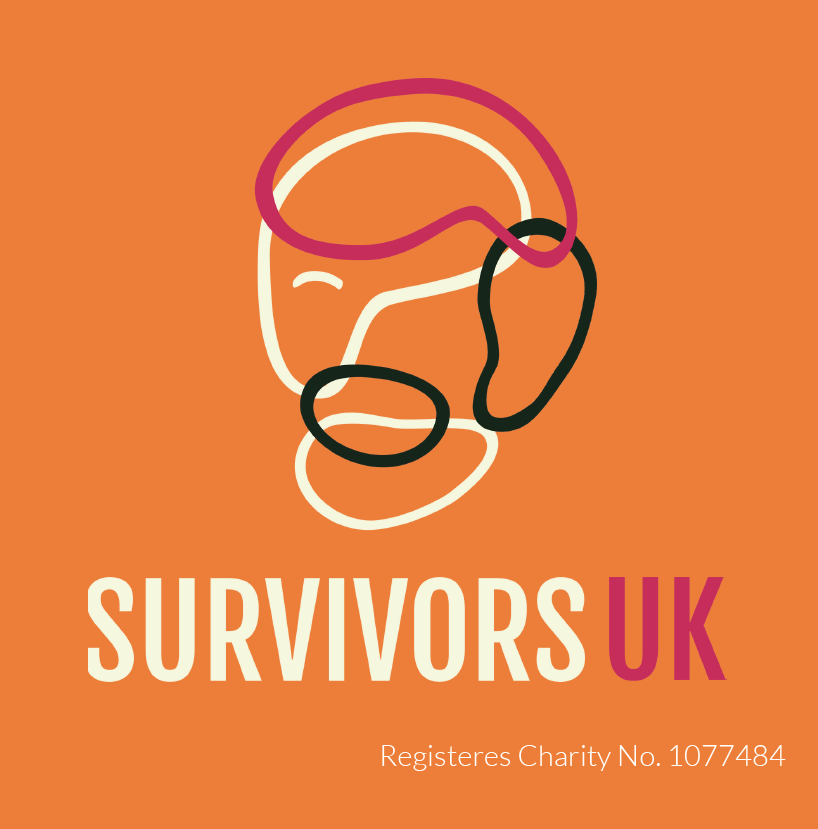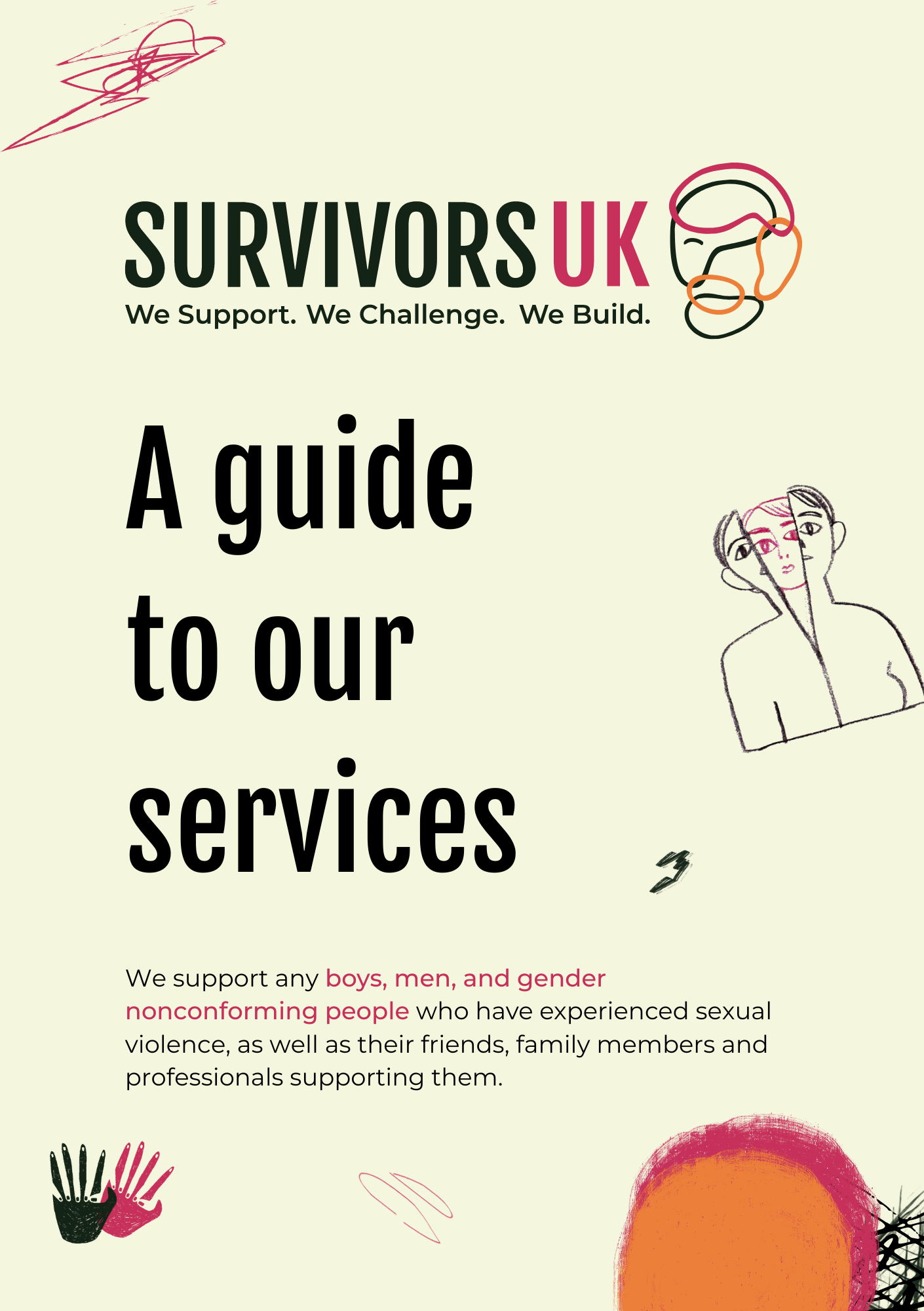
We need to have a conversation about child sexual abuse, now more than ever
This blog is written by Nujoji Calvocoressi, a member of the Victims and Survivors Consultative Panel. It discusses sexual violence and may be upsetting to read.
Barny suffered brutal sexual, physical, and psychological abuse by a teacher. For years, he did not seek any psychological support because he did not feel he could talk about the abuse. “I thought I would take it to the grave and never tell anyone”, he says.
It’s a sad but perhaps unsurprising reality that Barny’s account is not unusual. For the majority of victims and survivors of child sexual abuse, the barriers to speaking out are just too high.
Recent research from the Independent Inquiry into Child Sexual Abuse shows that more than two-thirds of survivors didn’t tell anyone about the sexual abuse whilst it was taking place, and for one in 10, speaking to the Inquiry’s Truth Project was the first time they’d ever disclosed the sexual abuse to anyone.
These research findings present additional cause for concern in the ongoing pandemic, as the third (and longest) national lockdown comes to an end. For many of us, being locked down at home may be the best way to keep us safe. For others, this is sadly not the case. Even without a global pandemic, the place many children call home – whether that be with family or in residential care – is not always one of safety. And what about those that don’t even have a home? To put it bluntly, any child being sexually abused has little respite or escape and is likely to be suffering in silence.
Media headlines are understandably consumed by virus variants and vaccine progress. And while these are all vitally important and world-altering news, we must not allow it to make us lose sight of the vulnerable during this crisis, and children especially. Child sexual abuse is happening behind closed doors right now, and unless we find ways to shine a light on it, we will be left with more victims and survivors who suffered in silence.
Typically those who are sexually abused as children won’t have the words for what is happening to them. They may not have anyone they can talk to about the sexual abuse, or they may simply be so afraid of speaking up that won’t tell anyone about it for years, sometimes even decades – if ever.
This issue is compounded by society’s general unwillingness to discuss or even acknowledge child sexual abuse, potentially leaving people woefully unprepared if a sexually abused child ever tries to confide in them. If society at large is struggling to talk about the issue, how can we continue to place the burden on children to come forward? In order to prevent sexual abuse from happening in the first place, it’s vital that as a society we have those difficult conversations. We need to create an environment where people feel able to talk about and report sexual abuse.
The Inquiry has also published a further 80 experiences victims and survivors have shared with the Truth Project. The Inquiry is encouraging survivors who would like to share their account with the Truth Project to do so before it concludes in October this year.
These powerful accounts show that even when survivors tried to report the sexual abuse, often to those in positions of authority, they were dismissed, ignored or told to stay silent.
Mercy says that no matter how much she tries to forget her memories, she feels she is living a ‘life sentence’ because of her traumatic experiences. She wishes that people had listened to her and believed her.
Hayden still feels affected by the sexual abuse he was subjected to as a child and he is concerned about his mental health. He says, “I was so confused and I’ve been so confused for many years. When I have time on my own and have space to think, it comes back to me … it’s hanging over me”.
Collin says that more education, awareness and open discussion of child sexual abuse could have helped protect him. “Back then I don’t think people knew or talked much about that kind of thing”, he says.
The appaling experiences of these victims and survivors show more must be done to normalise the conversation around child sexual abuse. Those who have been sexually abused need to feel there is someone they can reach out to, who will listen to and hear them in confidence, and most importantly, believe them.
In the Inquiry’s Interim Report, it says of cultural change:
‘The Inquiry considers that children ‒ and adult victims and survivors of child sexual abuse ‒ will be better protected and supported if society is prepared to discuss the issue openly and frankly.’
Although some may not like discussing or even thinking about child sexual abuse, unless we collectively find a way to do so, we cannot find and help those children currently suffering in silence.
The Truth Project is closing in October 2021, but for now it is still open for survivors of child sexual abuse to share their experiences over the phone, via video call or in writing. Visit www.truthproject.org.uk to find out more.






